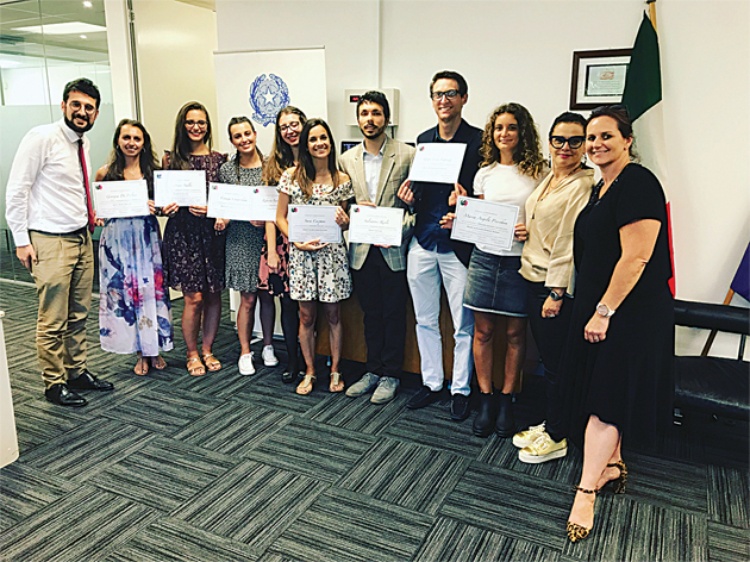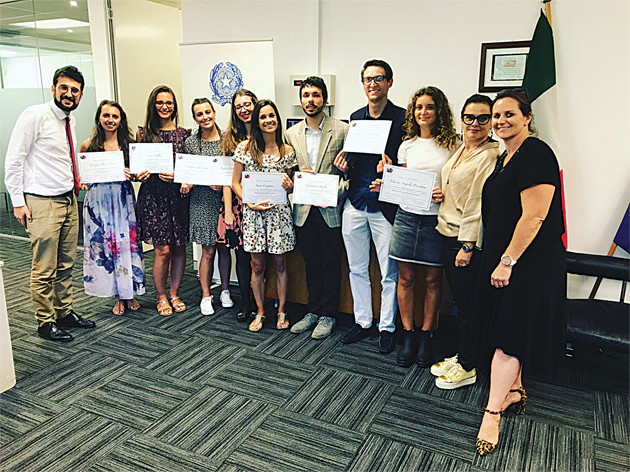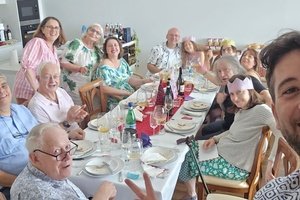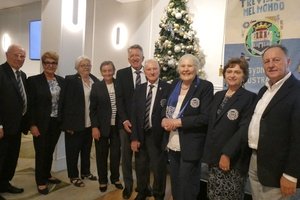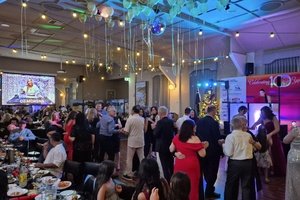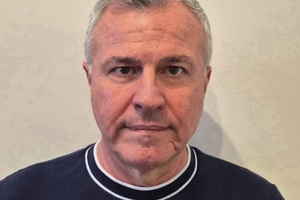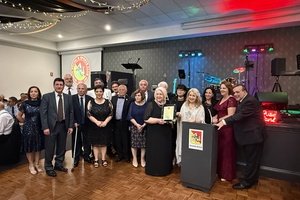The assistants will be busy in classrooms until July 5, when another group will step in for Term 3.
This program has been run by the Western Australian Association of Teachers of Italian (WAATI) since 2001.
Laura Bava, a member of the association’s committee, has been coordinator of the initiative for a couple of years now.
Since 2018, with the participation of five Italian universities (the University for Foreigners of Perugia; the Catholic University of Milan; the University of Udine, the Ca’ Foscari University of Venice; the University of Genoa, the Sapienza University of Rome; the University for Foreigners of Siena; and the University of Macerata), WAATI annually selects around eight undergraduates or graduates of humanities to support Italian teachers for 20 hours a week for each of the first three school terms.
The basic idea is that assistants provide Australian students with “new perspectives and trends in Italian culture”.
Furthermore, they can help with correcting exercises; developing multimedia presentations, teaching resources and audits; recording oral conversations; tutoring small groups of students; and whatever else is required by the school, under the supervision of teachers.
Bava explained that there are no special requirements to be an assistant other than an excellent knowledge of English.
In the selection process, Bava assesses applicants’ age (they can’t be over 30), the amount of previous experience, specific requests of the school, and the compatibility of the candidate and the host families.
While assistants aren’t paid, they do not have to pay for accommodation or living expenses, as they are matched with a host family selected by the school.
The family hosts the assistant free of charge in exchange for four hours of assistance around the house per week.
The school which “hires” them also pays for transport costs on working days.
At the end of the three months, a certificate of participation signed by the Consul of Italy, by the president and by the coordinator of the WAATI, is issued to the assistants.
Bava emphasised that the program is growing and the association is very satisfied with the success of the initiative and the excellent feedback it receives from the teachers and the assistants themselves.
Unlike programs in other states, the one managed by WAATI does not receive any public funding but has the support of the Italian Consulate in Perth.
The Consul General, David Balloni, attends the introductory session for new assistants and the ceremony for the end-of-program diplomas before they return to Italy.
Running the program requires a considerable amount of time and work, but Bava, an Italian teacher at St Damien’s in Dawesville, finds this voluntary role to be very rewarding.
Both the assistants and the Australian students have reiterated on several occasions that this opportunity benefits them in many ways.
Beatrice Baldi of the Catholic University of Milan worked alongside Angela Velletri at Mercedes College, a private girls’ secondary school located in the heart of Perth, between February and April.
“The experience was wonderful,” Baldi said.
“It has taught me so much. The school is exceptional: both the staff and the students were very welcoming and showed great enthusiasm for what they do and study.
“These months will be unforgettable for me, as will be the teachers I worked with, who were fantastic, and the family who hosted me, with whom I immediately felt at ease.”
For Velletri, “having an Italian native speaker with a thorough knowledge of the language and culture adds one more dimension to the lessons that are offered in the school”.
Mercedes College has been using language assistants for several years now.

